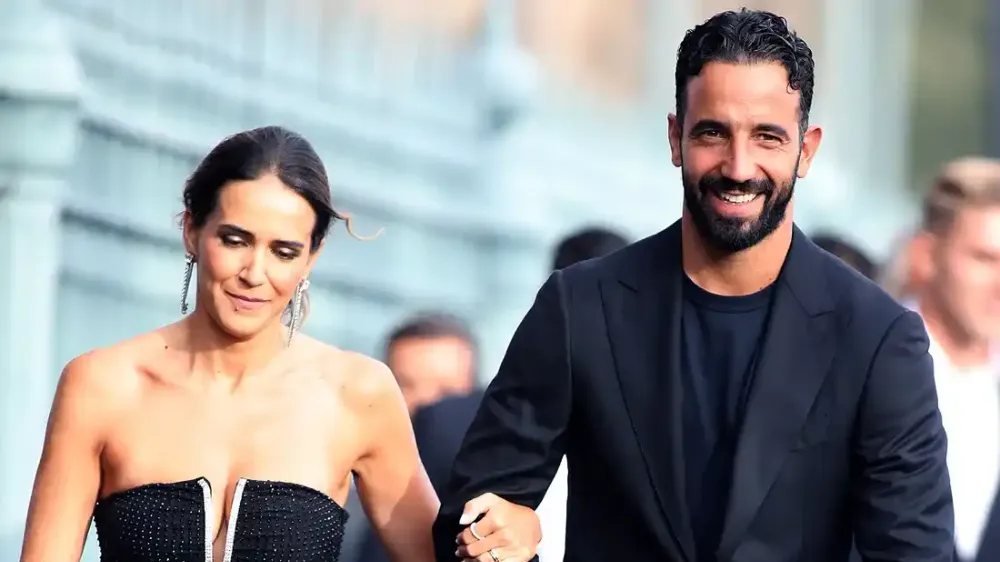
Maria Joao Diogo is the wife of Ruben Amorim. Rúben Amorim’s touchline energy is obvious; the person beside him is quieter—yet just as decisive. She isn’t chasing the spotlight, and honestly, that’s part of the appeal. This guide answers the questions fans ask most—who she is, what she does, how their story began—while staying clear about what’s private or simply not on record.
Ruben Amorim is married to Maria Joao Diogo. Ruben Amorim and Maria Joao Diogo have been together for ages. They’ve been married since 2013.
f you’re picturing a typical football “WAG” profile—glam, nonstop events, brand drops—dial it back. Maria João keeps things measured. She’s present without being performative.
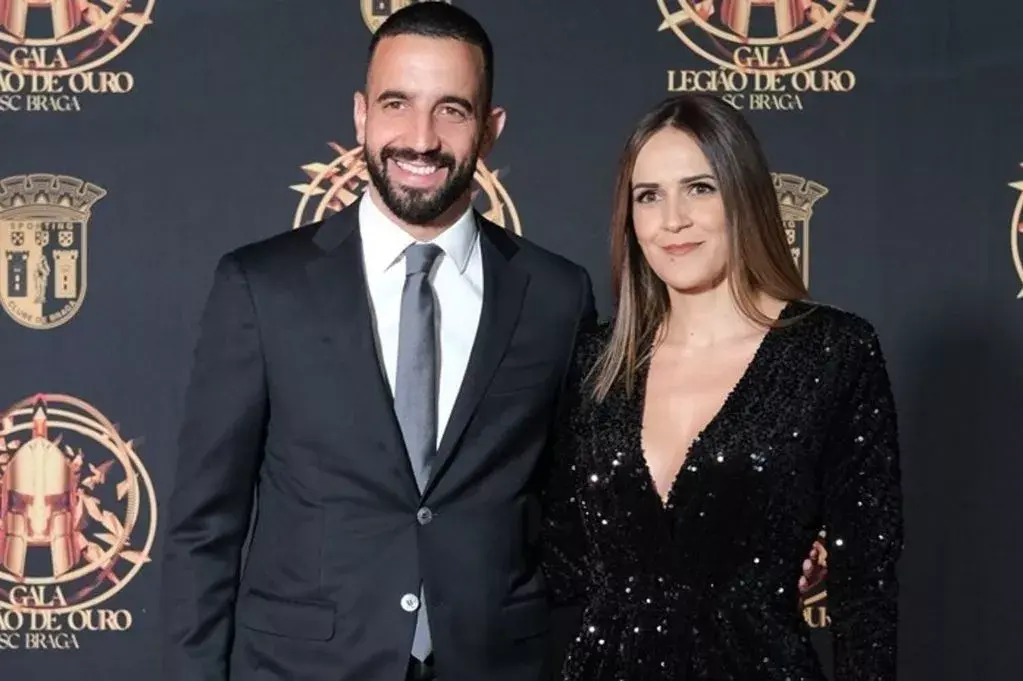
Maria Joao Diogo Portuguese telecoms-engineering grad turned interior-design entrepreneur, a mum of two, and a steadying force through the chaos of elite football.
Here’s the thing: curiosity grows when someone chooses a low profile. Fans see stadium shots, a few family moments, then… not much. What we do know paints a clear picture of a grounded partner who’s built a career on her own terms and helped anchor an intense coaching journey from Braga to Sporting, and later to Manchester.
Most outlets don’t publish her birthday, but timeline clues suggest she was born around 1985 (unverified), which indicates that her age is 40.
We don't know what her zodiac sign is, because there's no confirmed DOB.
Maria Joao Diogo was born in Portugal. Maria Joao Diogo’s nationality is Portuguese.
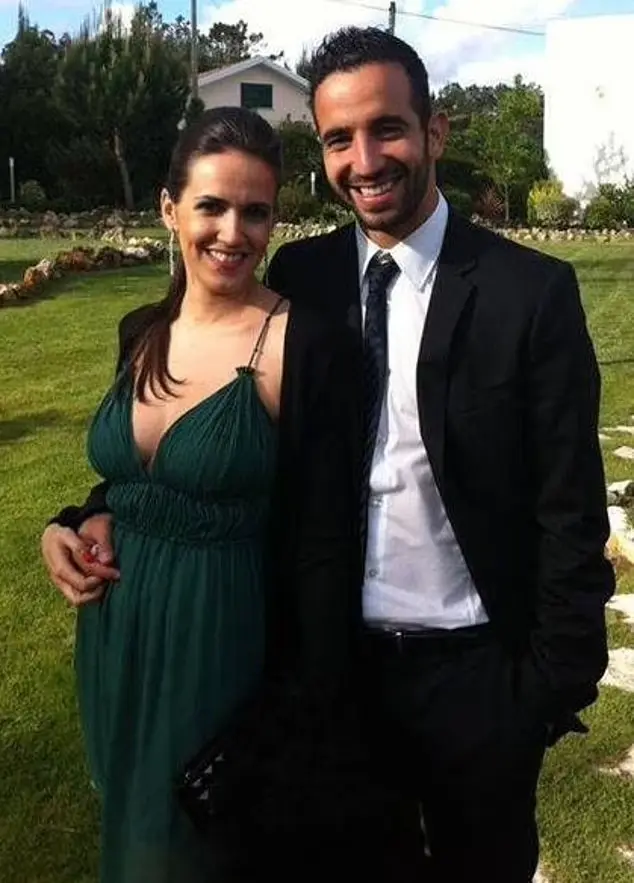
You’ll spot the family at milestone moments—trophy parades, a birthday lunch, a stadium farewell. That’s about as far as the lens goes. Specifics about parents or siblings aren’t public in reliable sources. What’s better documented is the extended football web around them:
If you’re wondering whether that privacy stance ever slips—rarely. Portuguese media can be persistent, but the couple has been consistent about boundaries.
Degree: Telecommunications Engineering
Why it matters: It signals structured thinking—systems, logic, constraints. You can see the echo in design: balancing function, flow, light, and budget isn’t too far from balancing bandwidth and routers. Different tools, same brain.
You know what? That pivot also mirrors football coaching. Amorim’s system thrives on clarity and pattern recognition; it’s not a stretch to imagine the household appreciates clean lines—on a whiteboard or a floor plan.
Dois Tons isn’t a hobby project. It’s a working studio with real clients, real budgets, and the usual industry headaches: timelines, trades, procurement, snags. The offering tends to cover:
Football life means relocation. Projects pause. New projects start. That stop-start rhythm is normal for families in the game, from assistant analysts to star forwards. Maria João seems to have adapted by keeping the brand steady and the public presence neat—project-led, portfolio-first, minimal noise.
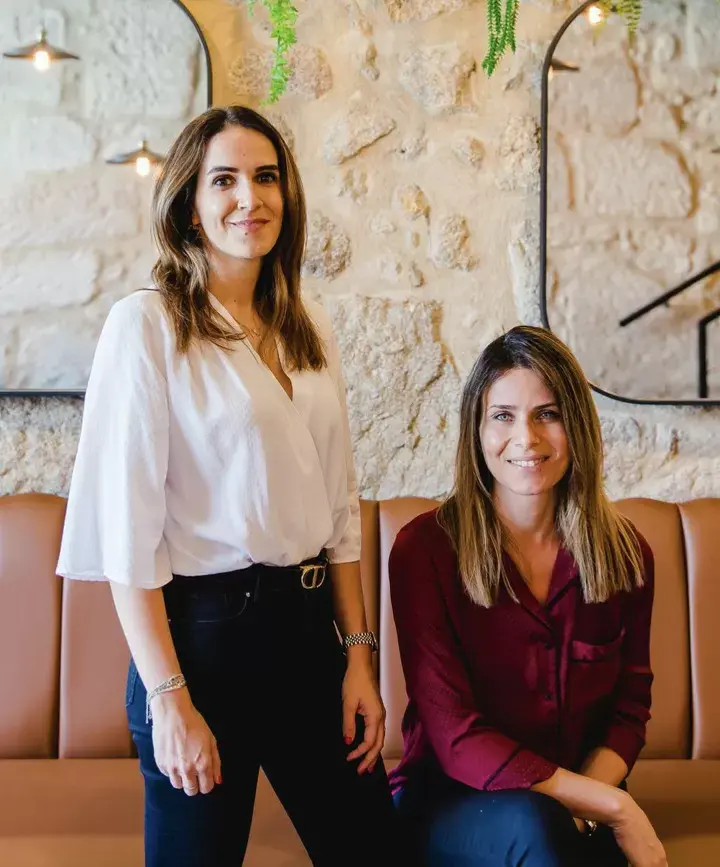
There isn’t a credible public estimate, and that’s the honest answer. Interior designers rarely disclose financials unless they’re building a consumer brand. You might see wild figures on click-farms. Take them with a mountain of salt.
Ruben Amorim’s net worth is estimated to be around £13m. Ruben Amorim’s annual salary is as Man United coach is £6.5 million.
No verified personal Instagram or X account that’s consistently public and attributed to her. The business front is easier: Dois Tons showcases projects on social platforms and portfolio hubs—photos of rooms, not school runs.
If you stumble upon a personal account claiming to be her, check the signals: follower quality, cross-links to the studio, and whether Portuguese media ever referenced it. Most “fan finds” are mislabels or dead ends.
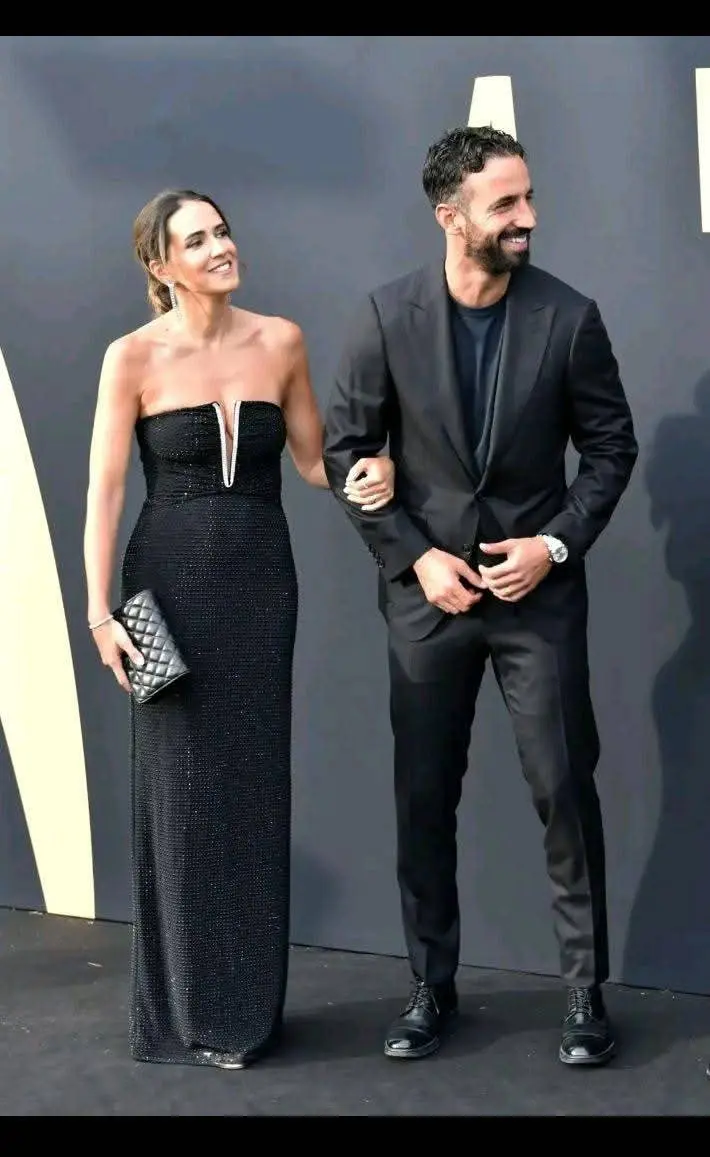
You won’t find a packed red-carpet reel. What pops up instead:
Her presence feels deliberate—supportive but not staged. It’s the difference between being in the story and performing the story.
They met during Amorim’s playing years, started dating, and kept things mostly private.
Wedding: 2013, in Portugal—family, friends, no circus.
The coaching years:*The Braga rise, the Sporting era with trophies and tactical talk, then the Manchester chapter. Through it all, the couple kept decisions practical—schools, commuting, and that eternal football riddle: where’s “home” this season?
A small contradiction that actually makes sense: they work in a very public business, yet they operate like a private family. The line is firm; it’s probably part of why it works.
They have two children together, but their names are kept out of the public eye.
Here’s the thing about life at a Premier League club: it doesn’t switch off at midnight. Maria João has been candid about that strain. She shared that since moving to England, the nights are long and the pressure is louder than most people think.
“Ruben has been having sleepless nights since he came to England. It’s never easy. People need to understand that, we’re disappointed at the abuse he gets. I asked him, Is all of this worth it, he said that’s what he signed up for.”
Those few lines say a lot. They show a couple that talks honestly about the cost of the job—fatigue, scrutiny, the occasional ugliness—and yet sticks to a shared decision. Her question isn’t a challenge so much as a check-in: Are we still on the same page? His reply—calm, almost stoic—lands like a vow to the work and, by extension, to the family plan they built around it.
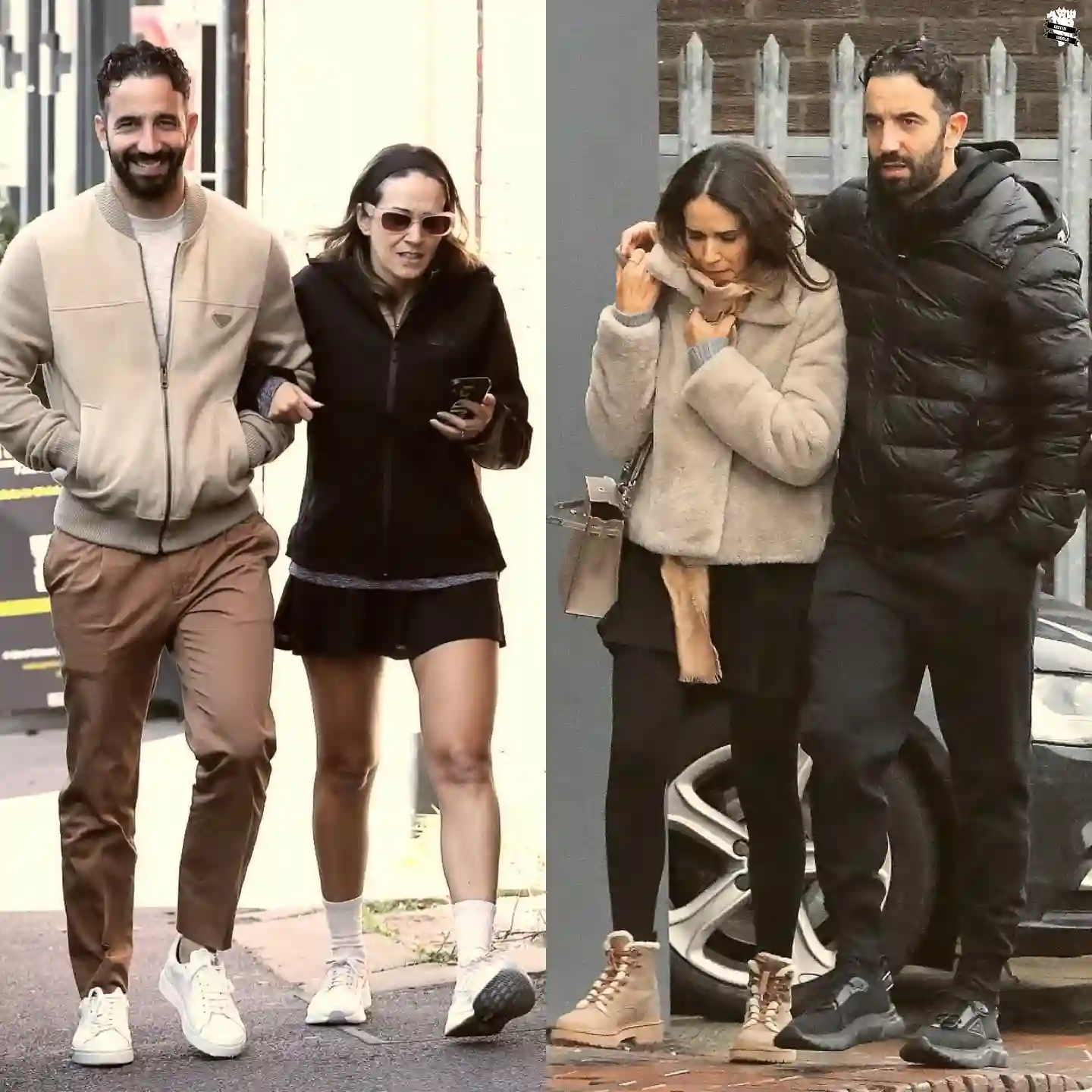
Maria João Diogo keeps things steady: a Portuguese telecoms-engineering grad turned interior-design co-founder, married to Rúben since 2013, mum of two, and deliberately private. There’s no verified birthday on record—so “born c. 1985” remains an estimate—and her personal net worth isn’t publicly known.
What matters most is the role she plays: measured, professional, and protective of family life while Rúben handles the spotlight. Media estimates often place his United salary around £6.5m per year (~£125k a week), but the real story here is quieter—their shared commitment to ride the highs and hold firm through the noise.